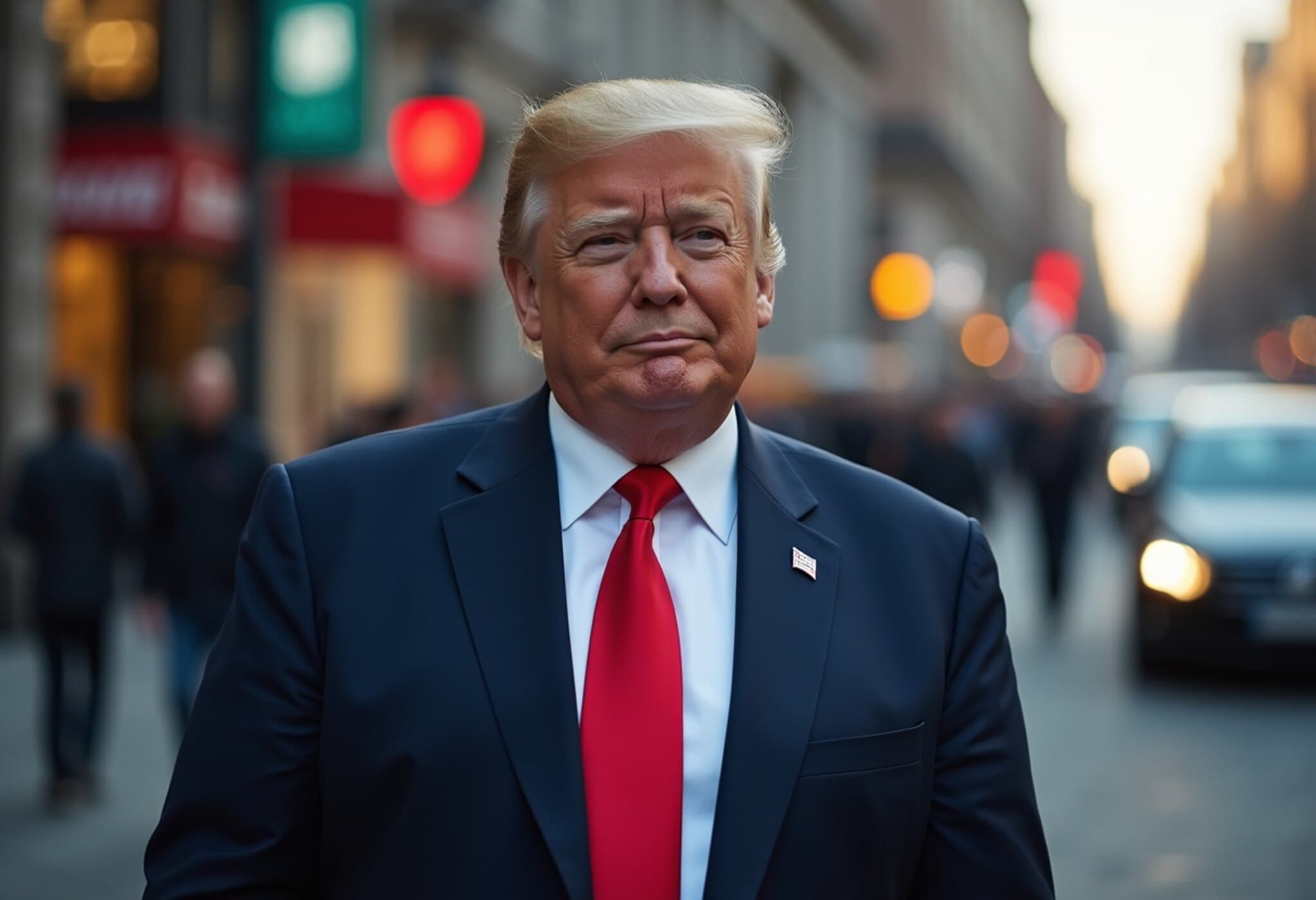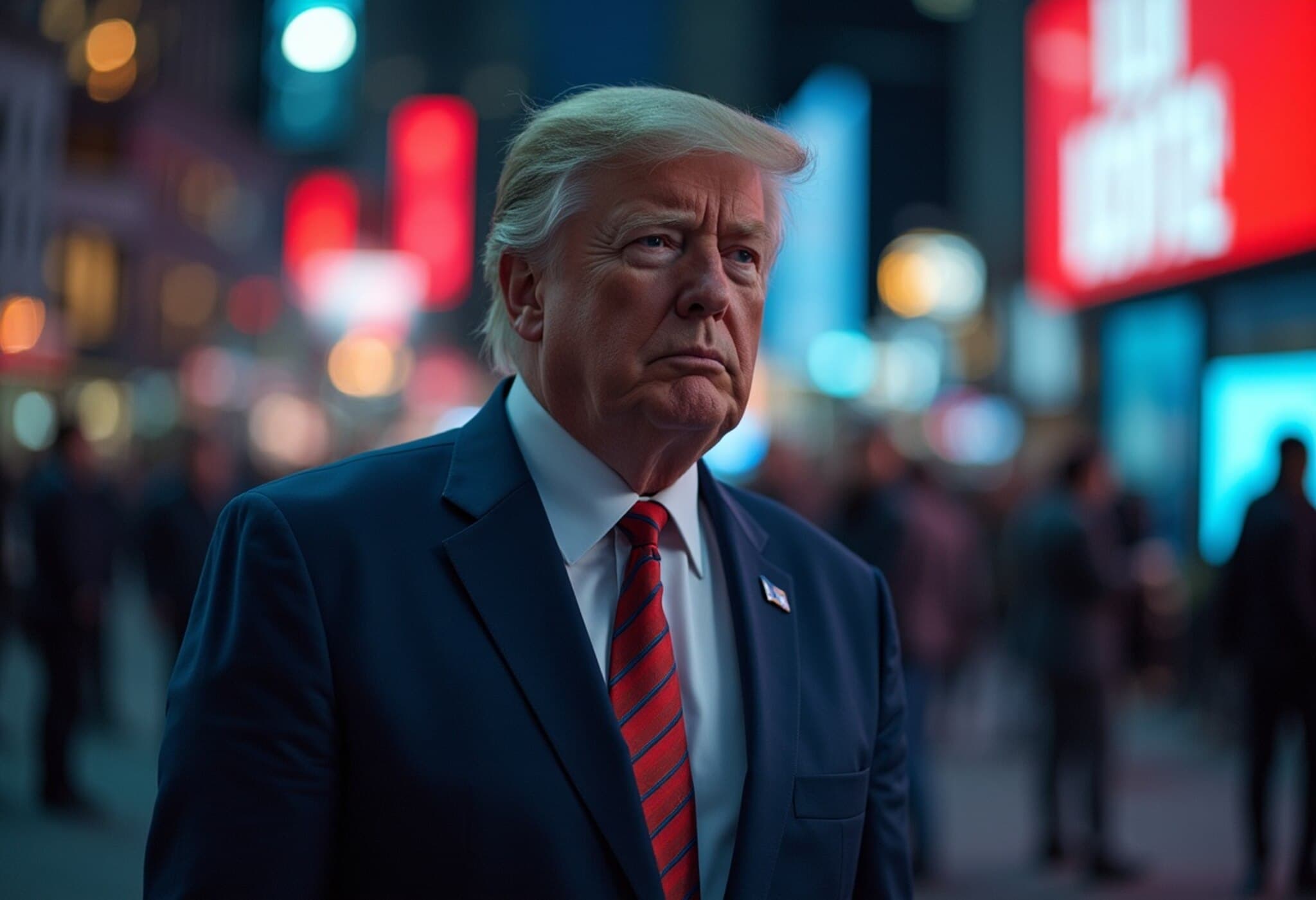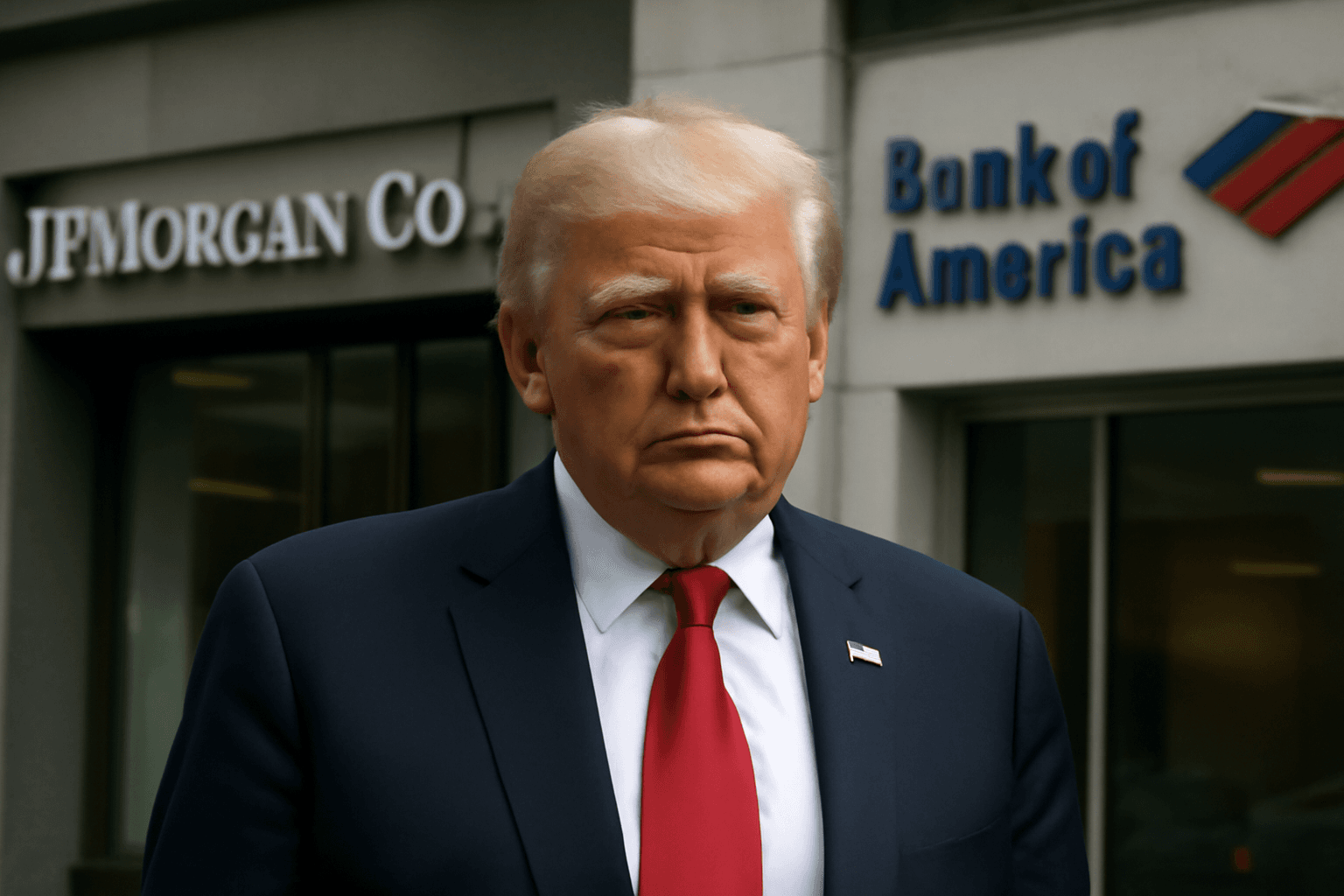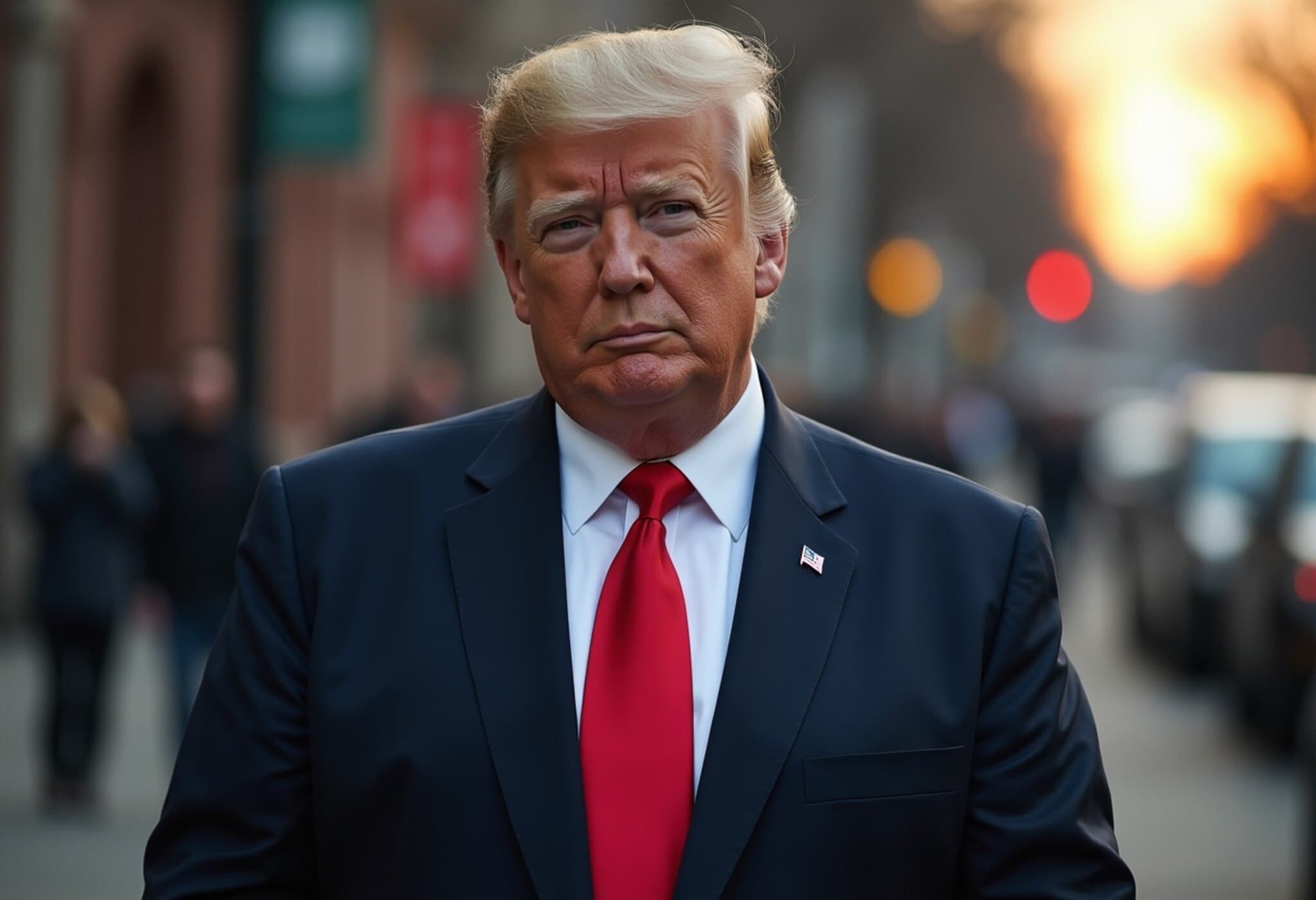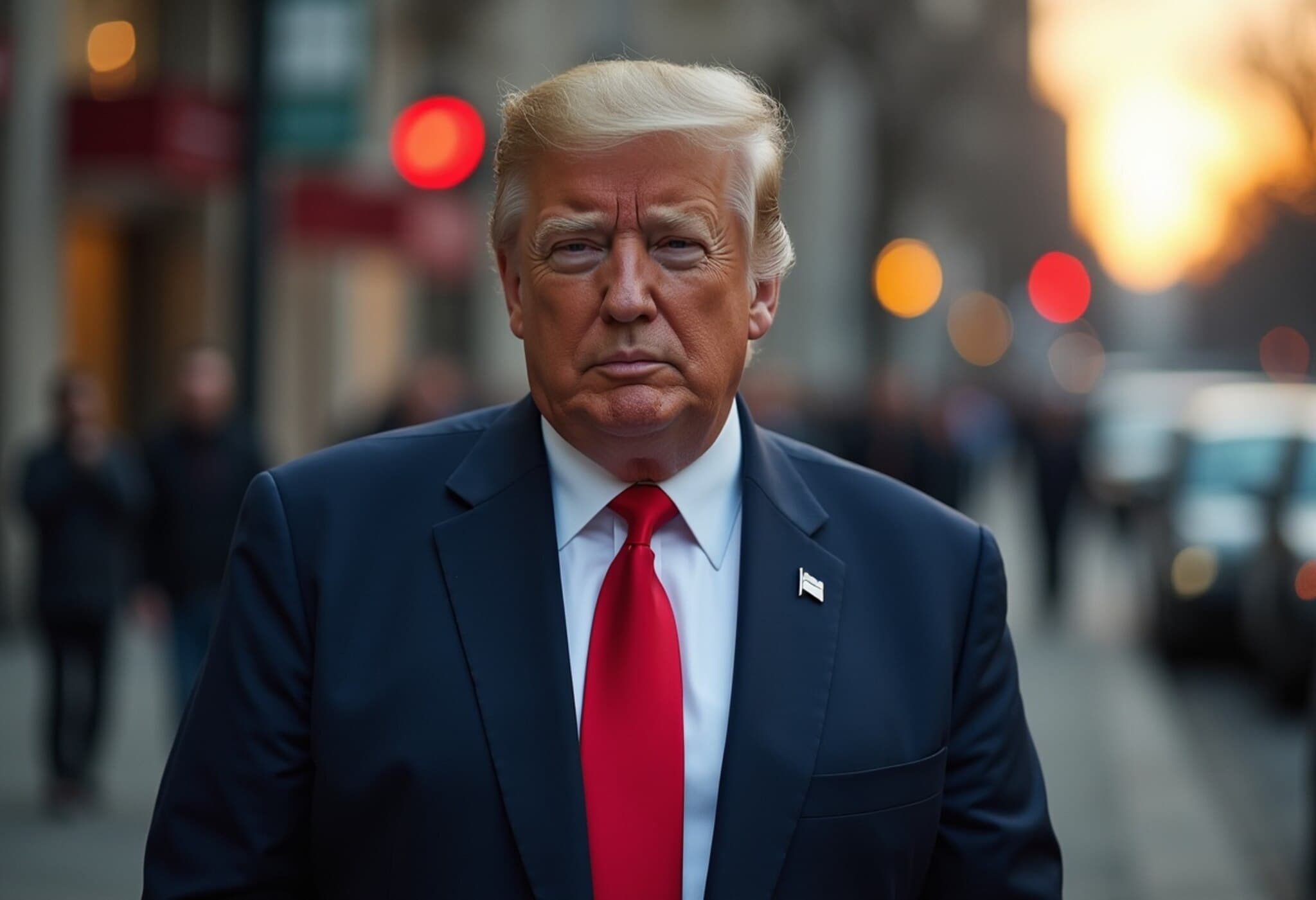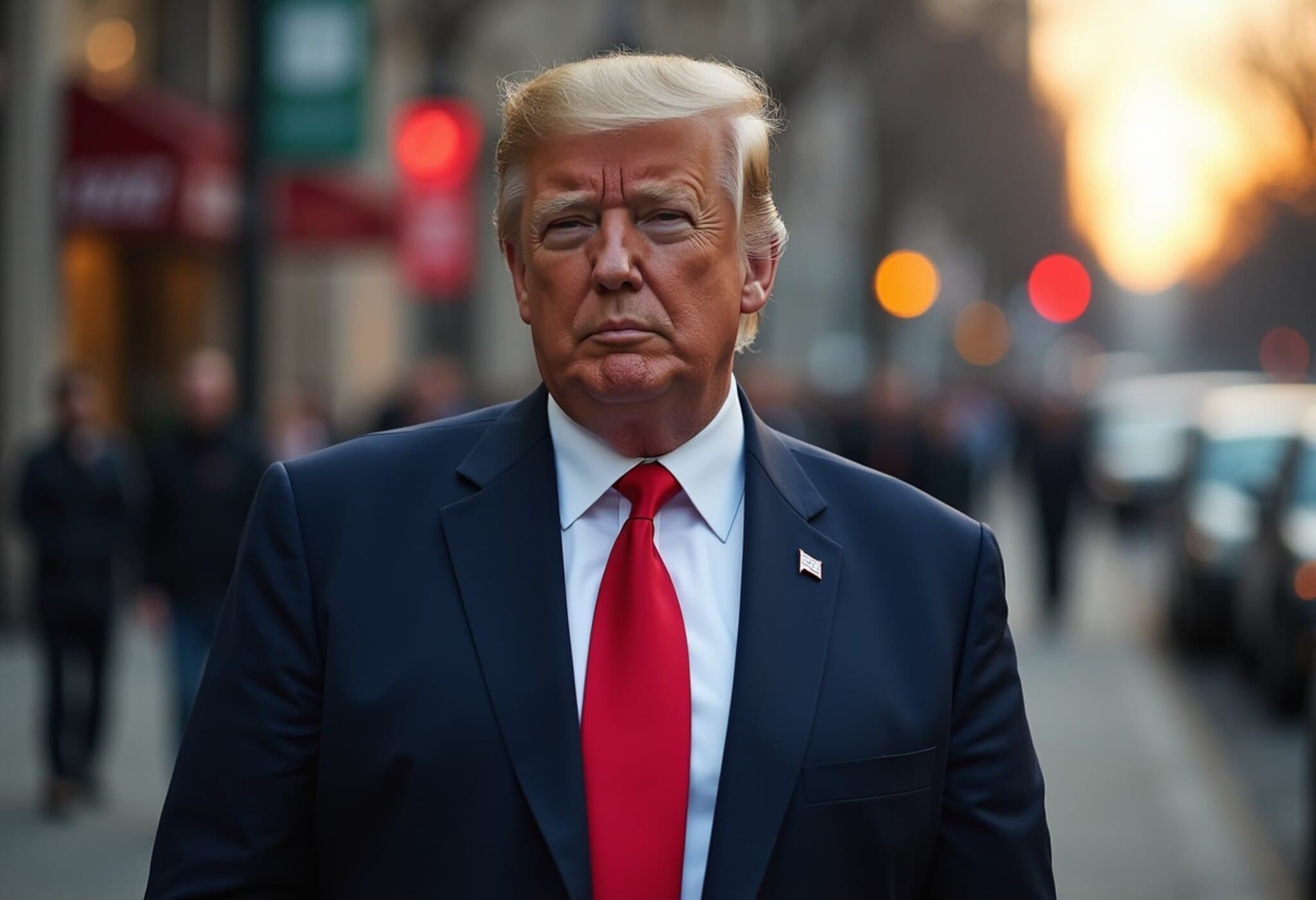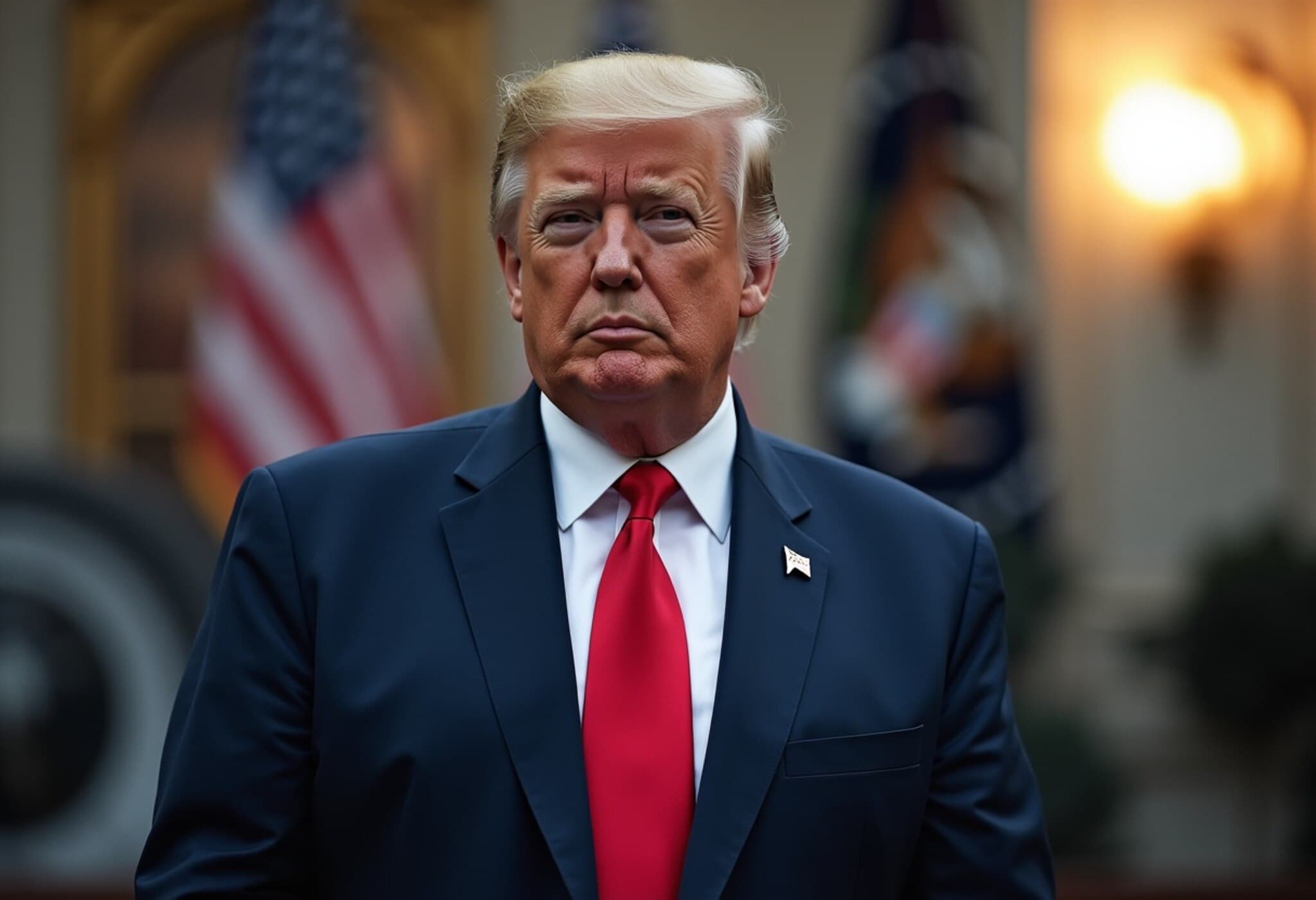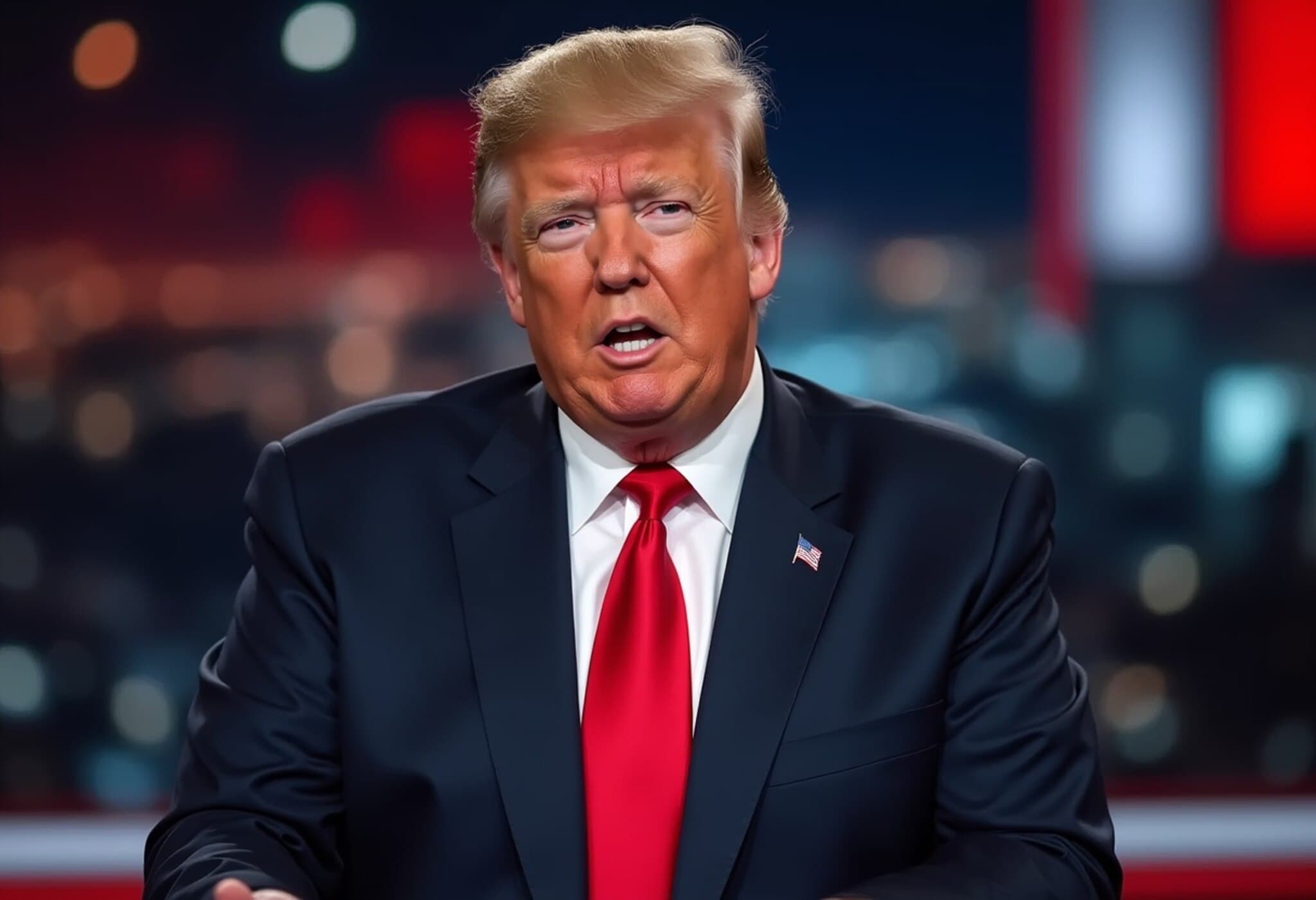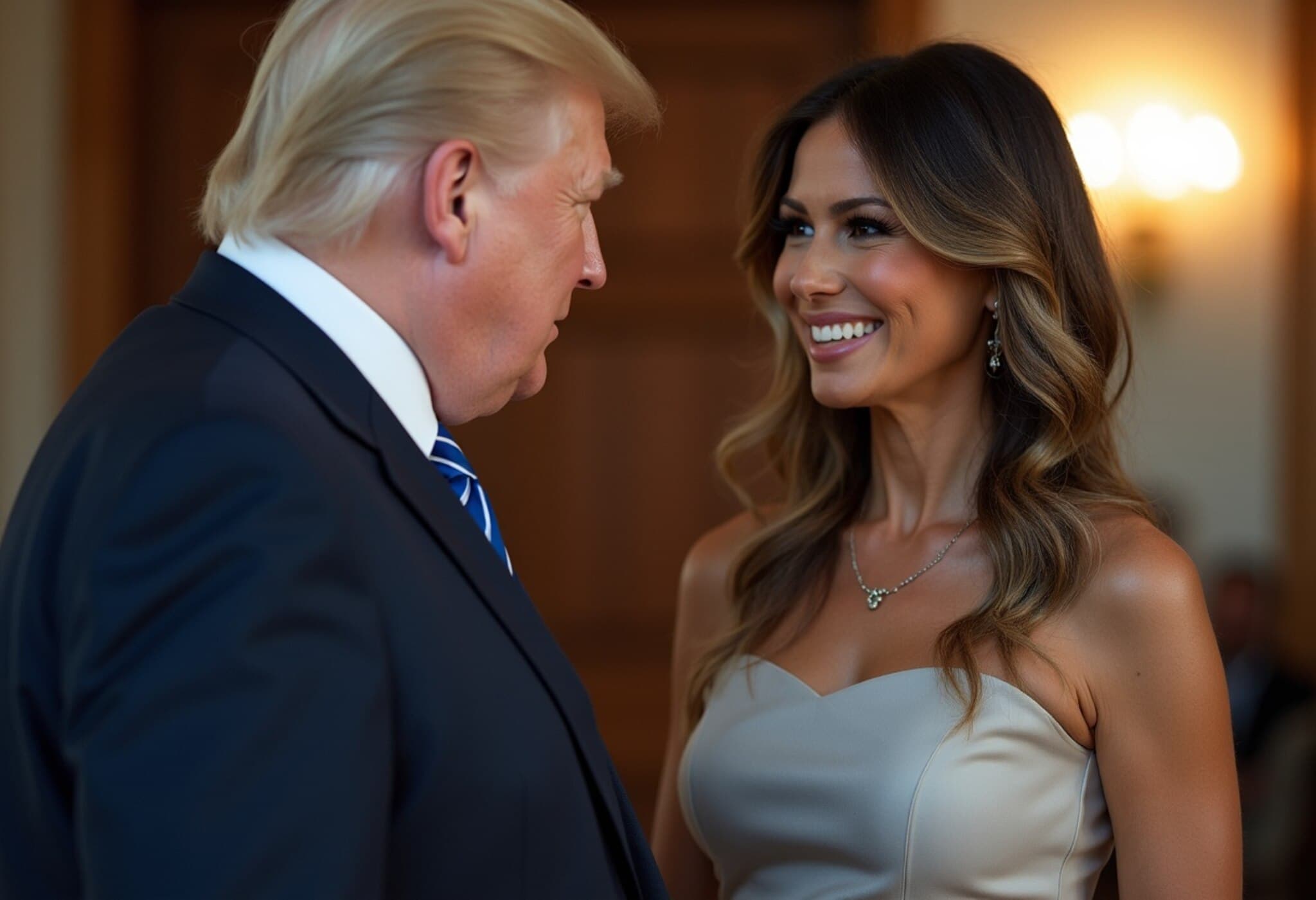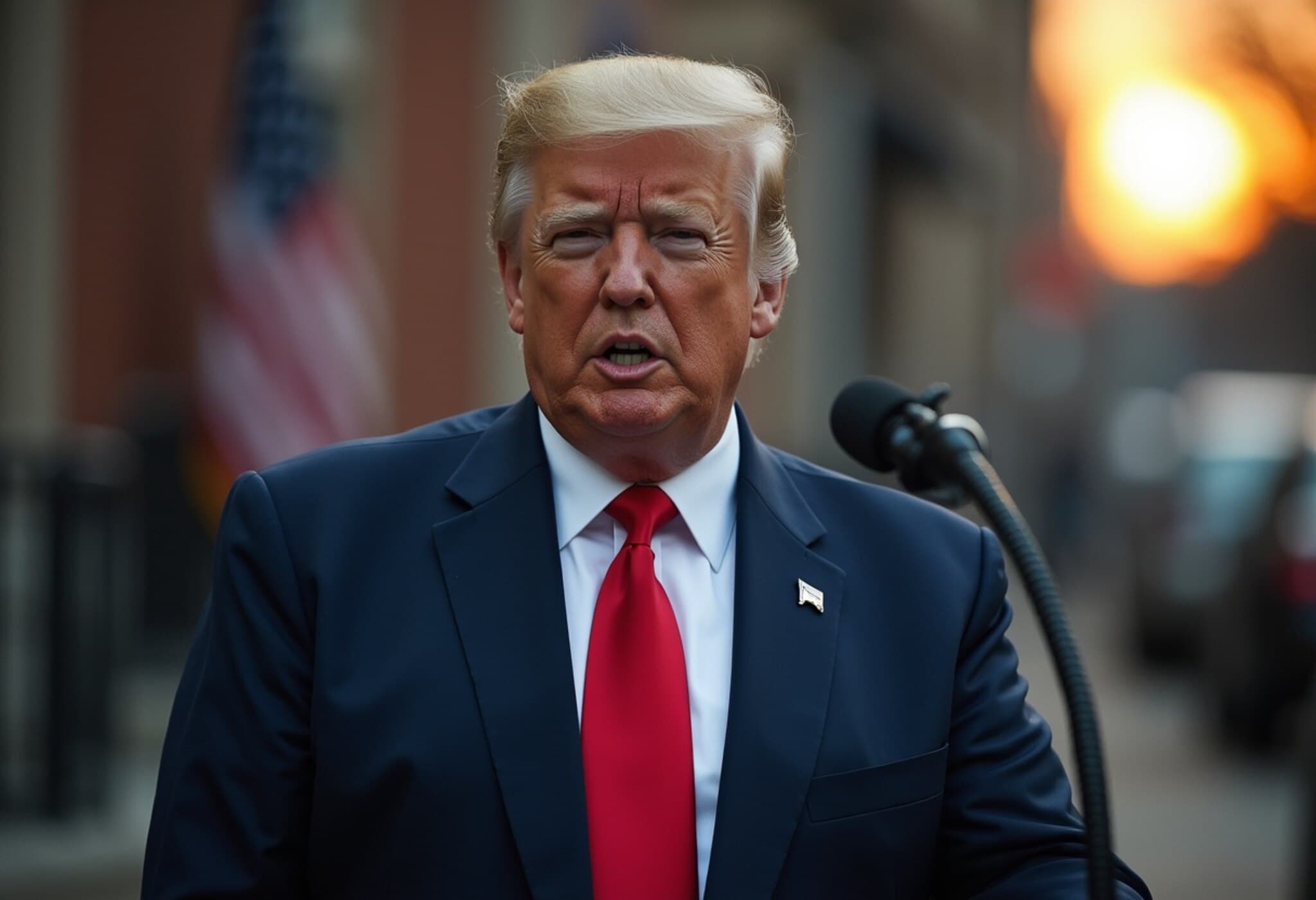Trump Administration Considers Equity Stakes in Defence Giants Amid Strategic Industry Push
The U.S. government, under President Donald Trump’s administration, is reportedly contemplating acquiring equity stakes in prominent defence contractors, including the aerospace and security behemoth Lockheed Martin. This move follows closely on the heels of a $9 billion investment that secured a 10% government stake in semiconductor giant Intel. These developments underscore a strategic shift toward deeper government involvement in critical industries deemed vital to national security.
Exploring New Models to Bolster National Defence
Speaking to media outlets, Commerce Secretary Howard Lutnick revealed that senior officials within the Pentagon are actively evaluating whether taking ownership positions in defence firms could enhance the resilience and capacity of America’s defence industrial base. Calling Lockheed Martin "basically an arm of the U.S. government," Lutnick emphasized the complex economic considerations yet left financial specifics to the Department of Defense's top leadership.
"There's a monstrous discussion about defence," Lutnick said, implying a broad and robust government dialogue about reshaping the dynamics between the Pentagon and its contractors.
From Chips to Missiles: A Unified Strategy?
The government’s recent stake in Intel marked a significant pivot in economic and security policy. By financially participating in one of the nation’s most critical chipmakers, the administration signaled its intention to safeguard and nurture technology sectors foundational to both economic competitiveness and military superiority.
"I would make similar deals all day long," Trump reportedly declared, reinforcing his vision for a government-friendly economic approach, especially in strategic domains.
Debate Intensifies: Balancing Security and Market Autonomy
This emerging strategy, while potentially fortifying national security, has sparked intense debate among policymakers, economists, and industry observers. Critics, including some conservative voices, warn of risks that government ownership might politicize corporate decision-making, potentially stifling innovation and free-market efficiency.
- Scott Lincicome, an economist at the libertarian Cato Institute, cautioned that increased government stakes could shift companies’ priorities from commercial to political considerations.
- Senator Rand Paul echoed concerns in social media commentary, framing government ownership in private industry as a slippery slope toward socialism.
This tension touches on the broader American economic ethos, where free enterprise and national security interests sometimes collide in delicate balance.
Lockheed Martin’s Role and Industry Response
Lockheed Martin, dominating the global defence industry with substantial revenues from U.S. federal contracts, responded affirmatively to the dialogue, reaffirming its commitment to work closely with the Trump administration to enhance national defense. The company’s position reflects an understanding that closer public-private collaboration may become a defining feature of future defence industrial strategy.
Potential Implications for U.S. Defence Funding and Policy
Commerce Secretary Lutnick hinted at revisiting the existing model of Pentagon funding, describing past practices as "a giveaway." This language points to possible reforms in how defence resources are allocated, potentially leading to new financial frameworks that tie government investments directly to industrial capabilities.
Expert Analysis: What Does This Mean for America?
The prospect of government stakes in critical defence companies is uncharted territory in modern U.S. policy. It raises pivotal questions about:
- The preservation of technological innovation in sectors where market dynamics have traditionally driven progress.
- National security assurance through greater governmental control and oversight in industries crucial to defence readiness.
- The role of Congress and legislative oversight in approving new financial arrangements that blur lines between public and private sectors.
From an economic perspective, such government involvement could both stabilize supply chains essential to national defence and provoke concerns over bureaucratic inefficiencies or politicization of corporate governance.
Looking Ahead: A New Era of Public-Private Collaboration?
As the Trump administration explores these equity stakes, the outcome could redefine how the United States approaches industrial strength and security in a complex global landscape. It remains to be seen whether this will inspire bipartisan support as a necessary modernization or ignite fierce ideological battles over government reach in economic affairs.
Editor’s Note
This evolving approach signals an inflection point in U.S. defense and economic policy. Readers should consider: How might government ownership stakes redefine corporate behavior in defence and tech sectors? Could this model enhance national security without stifling innovation? And what precedents does this set for future government-industry relations amid emerging geopolitical challenges?





